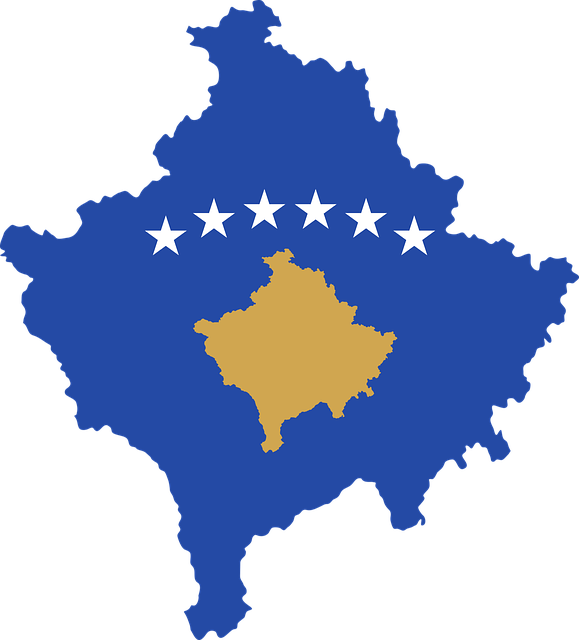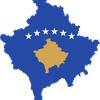clear
What are the differences between Albanians in Albania, Kosovo and Macedonia?
clear

source:
GDJ / Pixabay
Although ethnic Albanians live in Albania itself, Kosovo, and Macedonia, sharing the main Albanian language, there are certainly differences. There are two distinct Albanian dialects – Gheg, spoken in north, and Tosk, in the south. The river Shkumbin which dissects Albania and flows into the Adriatic Sea is regarded as the arbitrary dividing line.
But ethnic Albanians have been separated as much by history as geography. Since the fall of the Ottoman Empire – the seismic event that created the complex tapestry of Balkan boundaries in the early 20th century – all Albanians have experienced political and cultural repression. For more than 50 years those living in Kosovo and Macedonia were governed from Belgrade. After Yugoslavia's disintegration in the early 1990s they retained that western influence. Until the fall of the Eastern Bloc, Albania experienced a hardline communist regime under the dictatorship of Enver Hoxha, where religion and dissent were ruthlessly suppressed.
The majority of Kosovan and Macedonian Albanians are Muslims, with smaller amounts of Catholics. Those living in Albania are also Muslim but there is an Orthodox presence, not to mention atheism after decades of communism. Kosovan (north) Albanian contains Serb and Turkish words, while (south) Albanians have words borrowed from Italian.
 0
0
clear

Sign up to post or vote on answers.
Improveo will help systemize your knowledge.